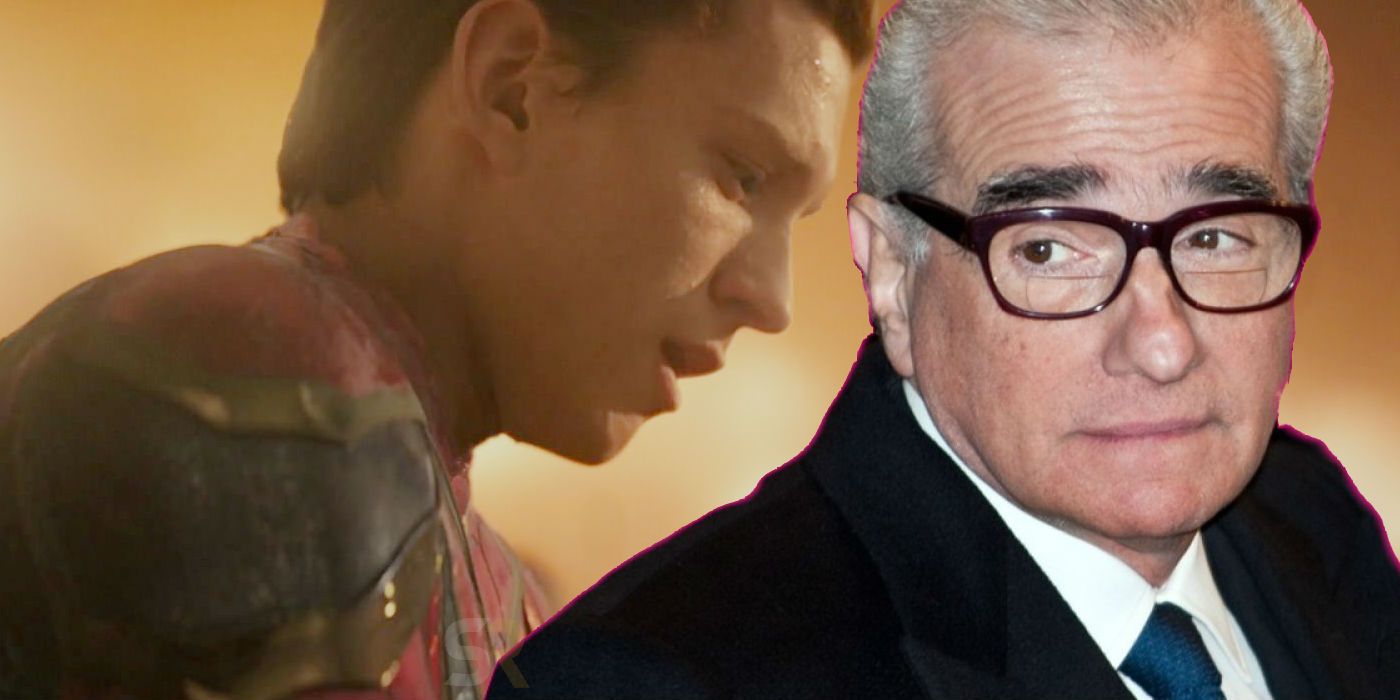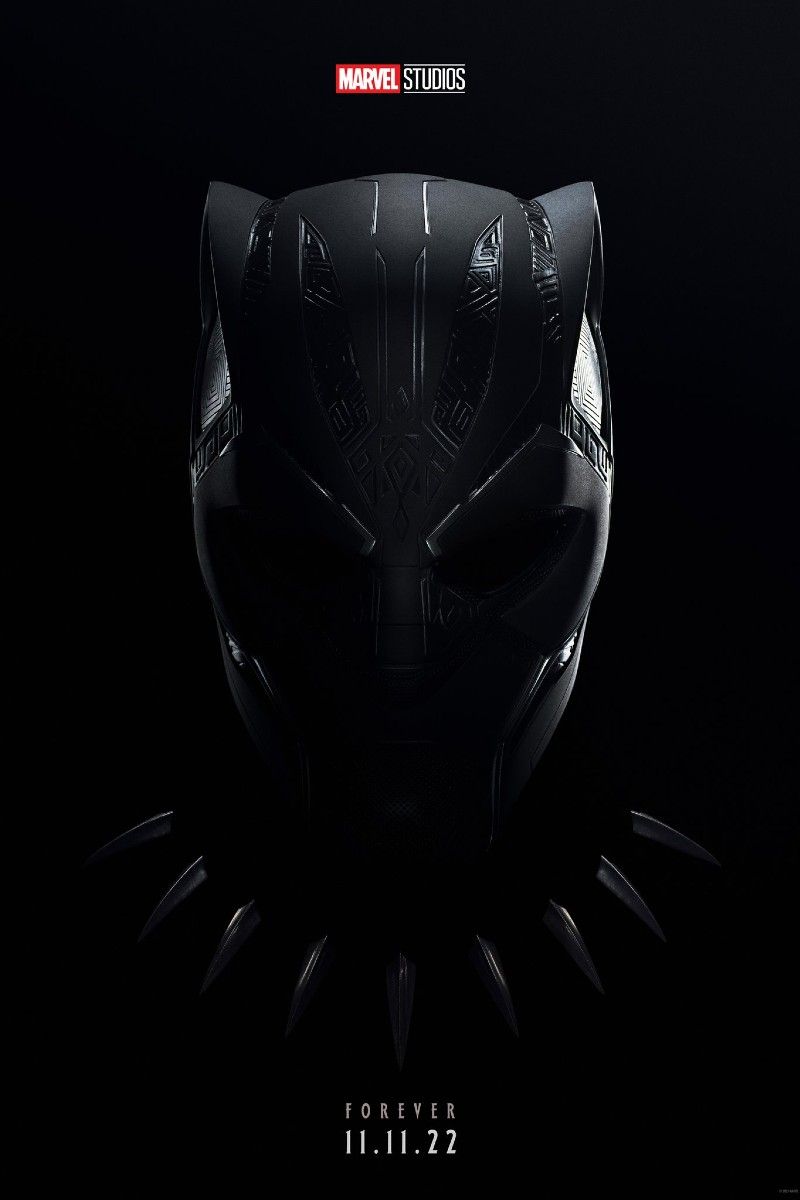Writers Christopher Markus and Stephen McFeely highlight the emotional impact of Avengers: Infinity War's ending by simultaneously throwing shade at Martin Scorsese's comments about the MCU. Last year, The Irishman director made his controversial comments dubbing the MCU "not cinema." The whole thing blew up with notable people from the franchise, such as Robert Downey Jr., James Gunn, Joss Whedon, and Samuel L. Jackson, as well as other industry people responding. Fellow Italian-American filmmaker Francis Ford Coppola, on the other hand, came to Scorsese's side, even deeming the Marvel movies "despicable." He later explained that he was mistranslated during his initial interview but shared the same sentiment as his fellow director nonetheless.
Meanwhile, fans also shared their own two cents online, and there was a clear divide regarding the issue with some backing Scorsese, especially as he explained his take in full in a lengthy op-ed, while others sided with the MCU. In the end, everyone unconsciously decided to agree just to disagree. This led to the controversy fizzling out on its own. There haven't been any new developments regarding the conversation for some time now, but that may all change with this latest comment from Markus and McFeely.
The Infinity War writers participated in a watch party for the film, where they revealed new information, as well as their commentary for it. When a fan asked them if they knew how painful it was going to be to see Spider-Man's (Tom Holland) death was going to be, they said they did. Markus and McFeely further explained that this is "why these movies work. It's one of the reasons that they're, you know, cinema" - that last bit is a response to Scorsese's claims that the MCU is not cinema. Check out the full tweet below:
The end of Infinity War was heartbreaking overall. Thanos won despite the gallant effort from the heroes, resulting in the disappearance of half of life in the universe. When the film was first released, this infuriated a lot of people, especially since viewers would have to wait a year before they find out how the Avengers will get back at the Mad Titan, and eventually defeating him in Avengers: Endgame. Peter Parker's dusting, however, was particularly heartbreaking. He clung to Tony Stark (Robert Downey Jr.), scarily saying that he doesn't want to go over and over again. Suddenly, the relationship that Marvel Studios developed between the pair was front and center, and anyone who watched their movies know that they have a special bond with each other. So while people were sad to see Spider-Man disappear, that's amplified with the idea that his surrogate father would have to live with the intention of losing the kid - something that was a primary motivating factor for him in the next film.
So while MCU films don't quite have the level of sophistication that Scorsese's or other acclaimed director's works have, no one can argue that it has heart. Amidst the superhero narrative and big action set pieces, the franchise's backbone has always been its characters, and the relationships they develop over the years. This is the reason why Marvel Studios put so much work in crafting their key players in a way that they're relatable and grounded; it makes it easier for fans to be emotionally invested in them. Without that, Avengers: Infinity War (as well as, Endgame) wouldn't be such a cathartic cinematic experience.
Source: Christopher Markus and Stephen McFeely







